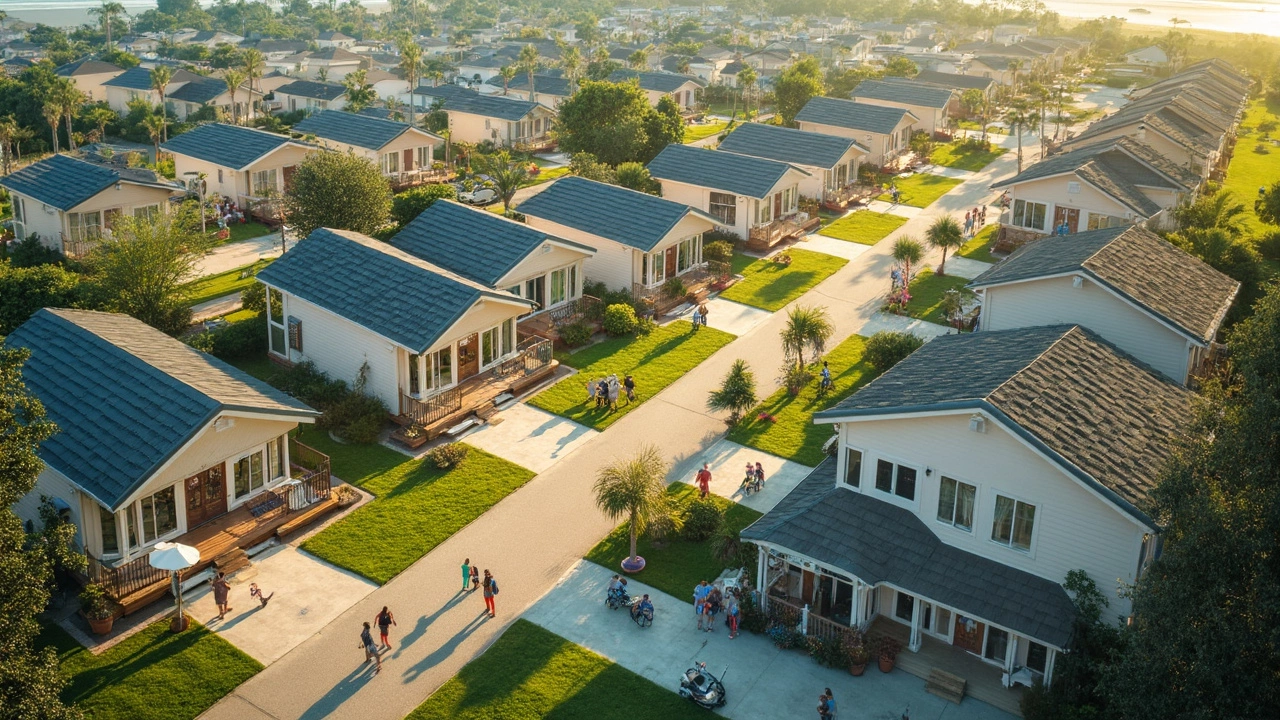House Cost vs Camper Living: Which Saves More Money?
Thinking about swapping a house for a motorhome? You’re not alone. Lots of families and solo travellers wonder if swapping bricks for wheels actually cuts expenses. Below we break down the biggest cost buckets, compare them side‑by‑side, and give you practical tips to figure out what works for your budget.
What You Pay for a House
A typical mortgage in the UK averages around £1,200 a month, but that’s just the loan. Add council tax (often £150‑£250), utilities (£100‑£200), insurance (£30‑£50), and maintenance (about 1% of the property’s value each year). If you rent, the monthly rent can range from £800 in the suburbs to £2,000 in city centres, plus the same utility bills.
Don’t forget occasional big tickets – a new boiler, roof repairs, or garden upkeep can easily run a few thousand pounds. Over a ten‑year span, those hidden costs add up to a significant chunk of your budget.
What You Pay for a Camper
Buying a motorhome starts with the purchase price – a decent used model runs £30,000‑£50,000. If you finance it, expect monthly payments of £300‑£500. Then there’s insurance (£20‑£40 a week), road tax, and annual MOT.
Fuel is a big variable. A 15‑litre motorhome on the highway burns about 12‑15 mpg, so a 500‑mile trip can cost £150‑£200 in fuel. Campsite fees range from free wild‑camp spots to £30 a night at a serviced site. If you boondock, you might save on fees but still need a place to empty waste tanks.
Maintenance costs are lower than a house, but you’ll still need regular servicing, tyre changes, and occasional repairs – roughly £500‑£1,000 a year.
Comparing the Numbers
Take a simple scenario: a couple lives in a rented three‑bedroom house for £1,200 a month (£14,400 a year). They switch to a motorhome with a £40,000 loan at £400 a month (£4,800 a year) plus £1,500 for insurance, fuel, and campsite fees. In the first year they’re paying about £6,300 – a saving of almost £8,000.
But the picture changes if they travel a lot. More fuel, extra campsite fees, and higher insurance can push the annual cost up to £9,000‑£10,000. Still cheaper than many city rentals, but the margin narrows.
Remember depreciation. A motorhome loses value faster than a house, which can appreciate over time. If you plan to sell after a few years, factor in the resale loss.
Tips to Keep Costs Low
• Use free wild‑camping spots where legal – saves on campsite fees.
• Keep a tight fuel budget by planning efficient routes and driving at steady speeds.
• Service the motorhome regularly; small fixes prevent big, costly breakdowns.
• If you own the motorhome, consider renting it out when you’re not using it to offset payments.
• Compare insurance quotes – a small switch can shave off £100 a year.
At the end of the day, the cheaper option depends on your lifestyle. If you love travel, the motorhome can be a cost‑effective adventure vehicle. If you need stability, a house still makes sense. Use these numbers as a starting point, plug in your own figures, and you’ll see which path keeps more cash in your pocket.
-
 VIEW POST
VIEW POSTHow Much Does It Cost to Own a House in Ocean Lakes? The Real Numbers
Apr, 20 2025|0 CommentsEver wondered what it actually takes to buy and own a house in Ocean Lakes? This article breaks down the real costs, from purchase prices to monthly expenses, and hidden fees that most people miss. It also explains what makes this family campsite neighborhood so unique and why some families say life here feels like a year-round vacation. If you're dreaming of calling Ocean Lakes home, you'll want these facts and tips before jumping in. Everything here is based on real experiences and clear, up-to-date numbers.